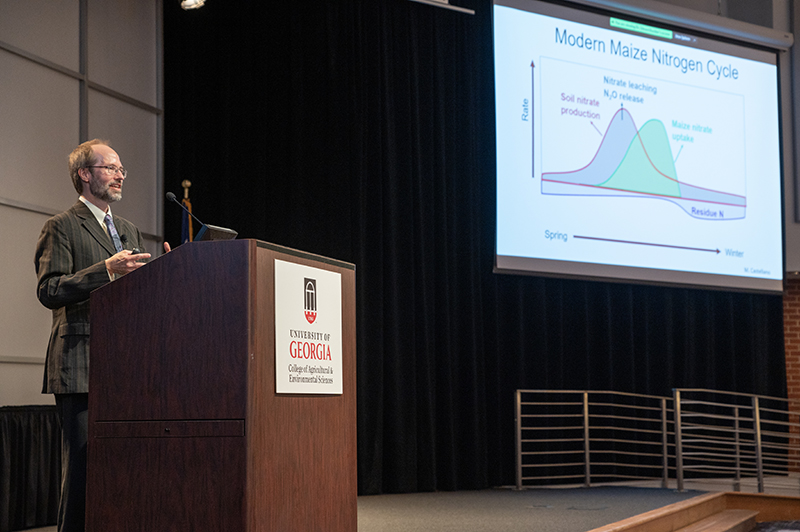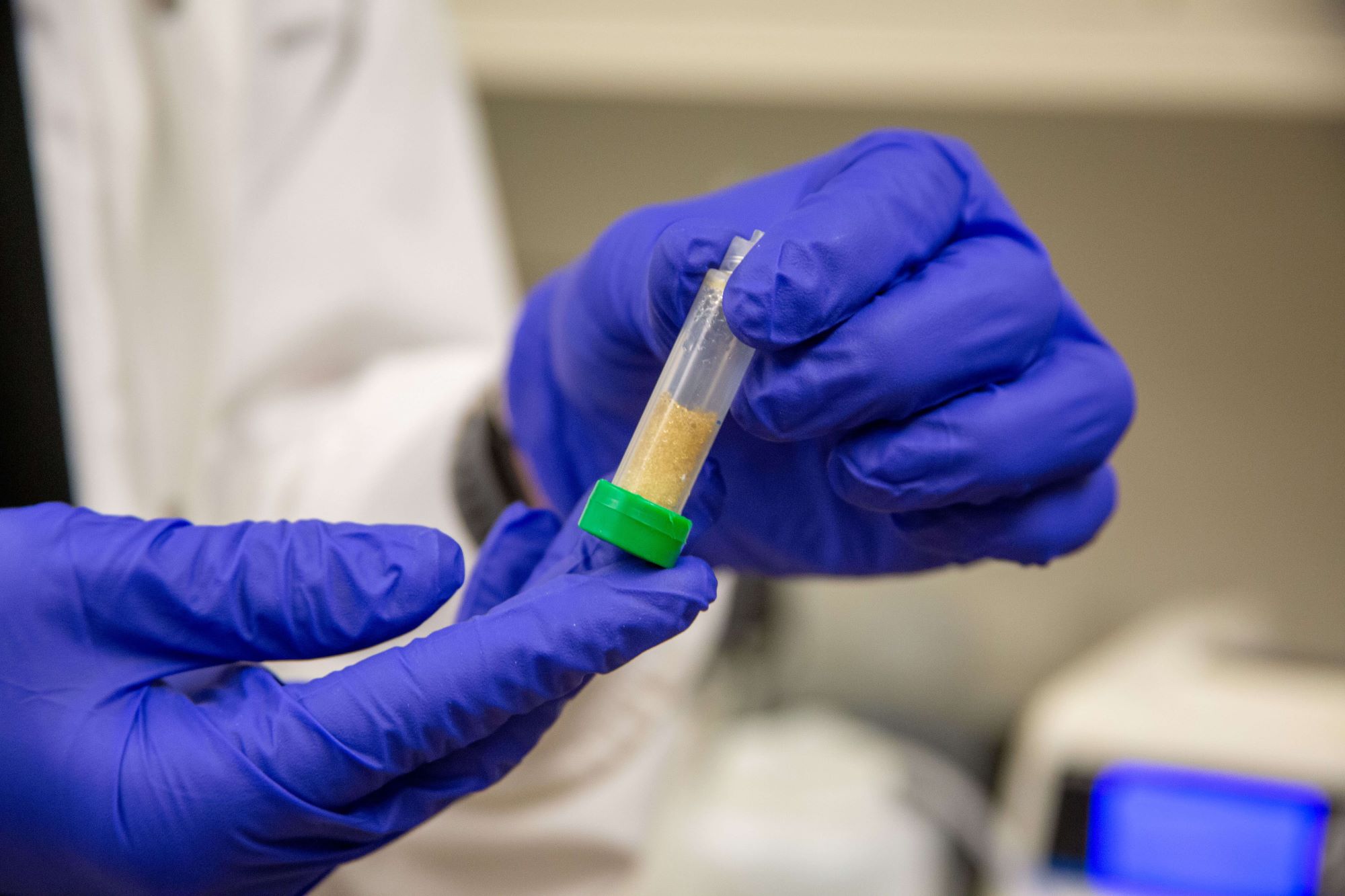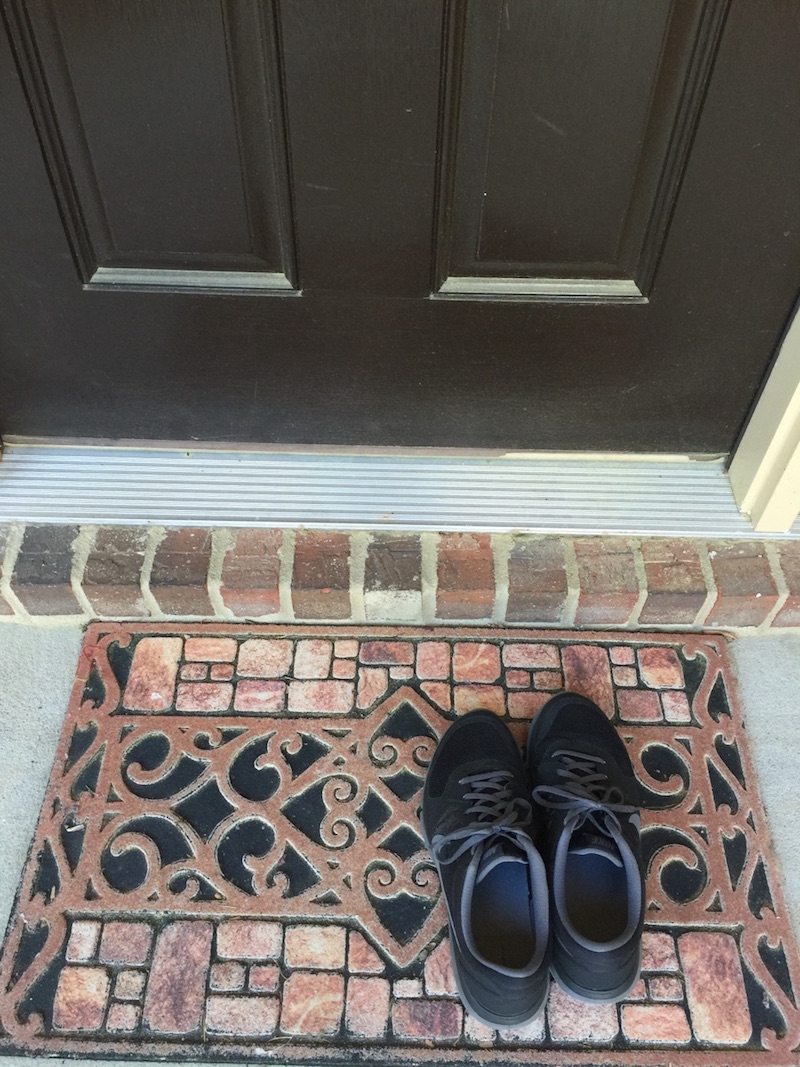A small gasoline leak from a fuel storage tank can often go unnoticed, but even one drop per second could result in the release of about 400 gallons of gasoline in one year. Not only does this cause an economic loss, but it also causes environmental and health problems.
Small amounts of spilled gasoline can enter ground and surface water, creating health risks for those who drink from these water sources.
According to the U.S. Environmental Protection Agency, nearly one in four underground storage tanks in the U.S. may be leaking. The risk of leaking increases dramatically for tanks that are more than 20 years old, that are not protected against corrosion and those that are installed improperly.
Petroleum products contain a number of potentially toxic compounds including common solvents such as benzene, toluene, ethyl benzene and xylene along with additives like ethylene dibromide and organic lead compounds. When mixed with water in low concentrations, these contaminates cannot be detected by smell or taste, but can cause serious health problems.
For example, benzene, which is considered a human carcinogen, has a drinking water standard of less than five parts per billion. These health hazards are compounded by the fact that products such as gasoline, diesel fuel and fuel oil can move rapidly through soil surface layers and into ground water posing hazards to people and animals.
Fuel storage presents a substantial fire hazard. Vapors from an underground leak that collect in basements, sumps or other underground structures have the potential to explode. In addition, owners of leaky tanks are responsible for cleanup costs that typically range from $10,000 to $100,000 or more. And it may be difficult to sell property that contains an old underground storage tank.
A University of Georgia Cooperative Extension publication available through area UGA Extension offices details how to assess the safety of storing and handling petroleum. This publication can also be found online at www.caes/uga.edu/publications.





